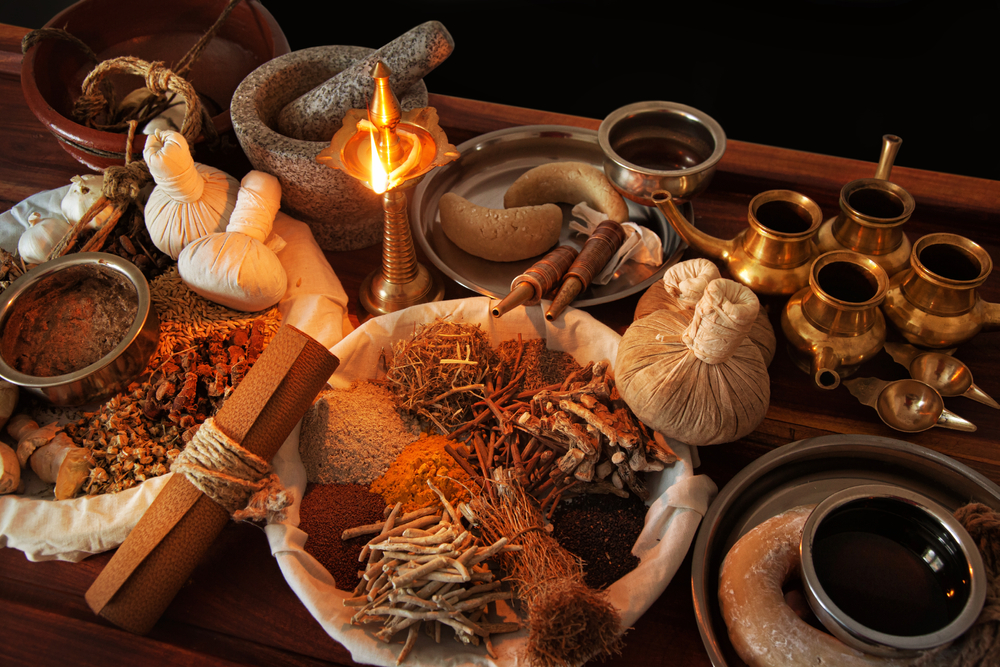Healing with Ayurveda at Ayushakti

One of the most important types of brain damage that can occur as a result of non-missile head injury is Diffuse Axonal Injury. Though DAI is a histological diagnosis, clinically it may be defined as a state of unconsciousness lasting for a minimum of 6 hours or more after traumatic brain injury except in cases of swelling or ischemic brain lesions.
Ayushakti, one of the leading and most trusted ayurvedic health centers recently treated a 39-year-old male patient who was in a road traffic accident and suffered a traumatic brain injury and was diagnosed with Diffuse Axonal Injury (DAI). DAI is considered the most important factor in determining morbidity and mortality in traumatic brain injury. DAI causes behavioural, physical, and cognitive changes that affect a social and personal life of a patient also the quality of life of patients and their families are affected.
The patient visited Ayushakti Clinic in January 2020 with a history of a road traffic accident in October 2018. He was diagnosed with DAI (Diffuse Axonal Injury) with major complaints of stiffness and spasticity in all four limbs. He was also bedridden and could not perform daily routines. He was hospitalized and treated post-recovery. He was admitted for the trial of Baclofen injection through a lumbar puncture in Sept 2019 and was also doing Physiotherapy. After a thorough check-up, it was found that within the Ayurvedic Aspect, he has Dosha Dushti – Vata predominately, Dhatu Dushti – Asthi and Majja first then Rakta- Mansa etc and Srotas of Majja and Rakta vaha.
He was then treated with a series of therapies like Siddha massage and dry pinda sweda, regular massage and steam, matra basti, shiro pichu and Marma points therapy.
Marma Therapy is the precise art of touching an individual at the exact right place for the purpose of healing. Marma are points of access to the body’s innate intelligence, opening the doorway to health and well-being. Siddha massage (Specific herbal powder massage) and Dry Pinda sweda (Application of lukewarm bolus of herbs) open blocked channels within. Regular massage & steam increases the blood circulation resulting in a reduction in inflammatory changes. Matra Basti (Oil enema given for retention purposes through rectum) and Shiro pichu (Cotton soaked with medicated oil/ghee put overhead) also were give to strengthen nervous tissue and balance Vata Dosha.

In the first three months of the treatment there was a significant improvement in appetite and the patient could sense the urge to urinate and defecate. His anger also reduced, though their episodes of extreme outbursts and stiffness and spasticity of the joint also started reducing. During the course of treatment, the patient had an episode of convulsion and paused the treatment.
After 2 years the body showed better responses and he could stand and walk with the help walker. His knees are better in condition with slight spasticity remaining and he could stand with help of a bamboo bar and walk for a few minutes.
Speaking on this, Dr. Smita Naram, Ayurveda Practitioner and Co-Founder of Ayushakti said, “We are thankful to the European Journal of Applied Science for giving us this acknowledgement and publishing our case study in their prestigious journal. It is great to see our ancient Ayurveda practices being known globally thus putting India on a global map for its medicines and history.”


Comments are closed.